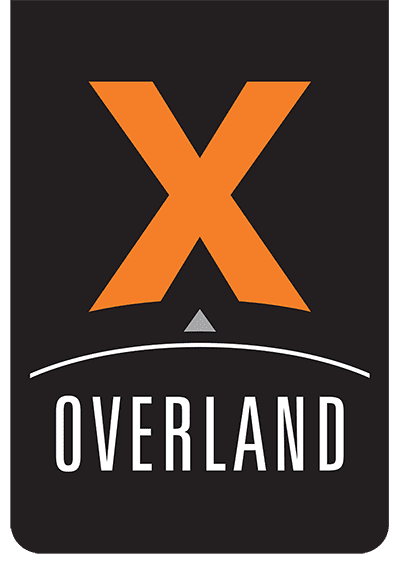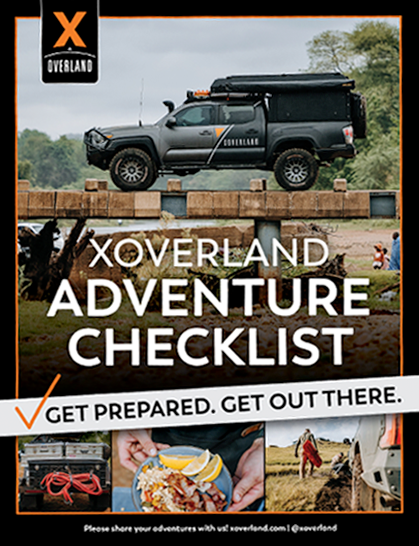EP45 | Battery and Power Management with Matt Hopkins and Ryan Connelly
Featuring:
Episode Description
Adding additional means of electric power to your overland vehicle is customary to operate everything from winches, lighting, powered refrigerators, and possibly even your favorite coffee grinders.
What options do you have to accomplish this task? What is the difference between a “Starter Battery” and a “House Battery”? What are power management controllers and how do they work to optimize power usage and protect expensive batteries and valuable accessories? These are just a few of the many common questions regarding electric power management in overlanding vehicles we seek to answer in this podcast.
Join us as we explore portable power systems as well as discuss best practices for building a permanently installed power system while learning more about battery type and selection, solar power, and how to do the math to calculate your unique power needs.
Jimmy, Matt, and Ryan even spend time breaking down definitions of “Amp-Hours,” “Watts,” and “Volts” while illustrating how these three elements of electric power interact to create a sustainable source of energy for your overlanding vehicle.
This episode is packed with knowledge and useful tips to help you learn how to create and manage a power system that will suit your needs for overlanding and vehicle-based adventures of any kind!
Detailed Episode Summary
Part 1 (1:30-9:00) Introduction and a Look at “Shore Power” and Stock Vehicle Power Supply: “Shore Power” is a marine term that describes boats and ships obtaining power while they are docked at shore. This is the same for overlanders with their rigs plugged in at home before heading out on a land-based adventure. We take a look at this concept as well as what most stock vehicles offer for electric power and begin to explore accessories that can enhance your power supply.
Part 2 (9:00-20:00) Electric Power Management for a Weekend of Vehicle-Based Adventure: We discuss the capabilities of OEM setups, looking at “starter” batteries found in stock vehicles, their limitations, and what accessories and modifications you can make to enhance your vehicle’s capabilities. Next, we look at portable power systems such as those manufactured by REDARC and GOAL ZERO which offer power and recharging through solar panels.
Part 3 (20:20-42:10) Building a Permantly Installed Sustainable Electric Power System in an Overland Vehicle Part 1: Battery Selection. After examining portable power systems, we take a look at building a dedicated onboard power system for an overlanding vehicle, starting with an exploration of batteries, types, uses, and what factors to consider when trying to make the best choice for the power management system in your overland vehicle.
Part 4 (42:11-1:01:08) Doing the Math: Calculating Your Electric Power Needs for Overlanding: What are “Amp-Hours”? Watts? Volts? And how do these things factor into building a sustainable power system for your overlanding vehicle? Matt and Ryan do their best to explain what these items are and they work together within an electrical power system in an overlanding vehicle. We also spend some time examining powered refrigeration systems for overlanding vehicles and how they interface with power management systems.
Part 5 (1:01:10-1:03:30) Electric Power Management Controllers for Overland Vehicles: We examine complete power management devices like REDARC’s Redvision TVMS (Total Vehicle Management System) or simply a circuit with auto-disconnect and how these devices work to optimize power management within an overland vehicle.
Part 6 (103:31-End) Safety and Electric Power Systems in Overland Vehicles: Matt Hopkins takes time to explain the vital role of wiring when installing a permanent power system within an overlanding vehicle and the guys discuss the importance of fuses and approaches to optimizing safety features within a power system.
Additional Useful Links and Resources
Masterclass Series 3rd Gen 4Runner on Overlander Network
Listen to our other podcasts
-
- Jordan Hunnicutt2025-06-06T14:13:43-06:00
Share This Story, Choose Your Platform!



